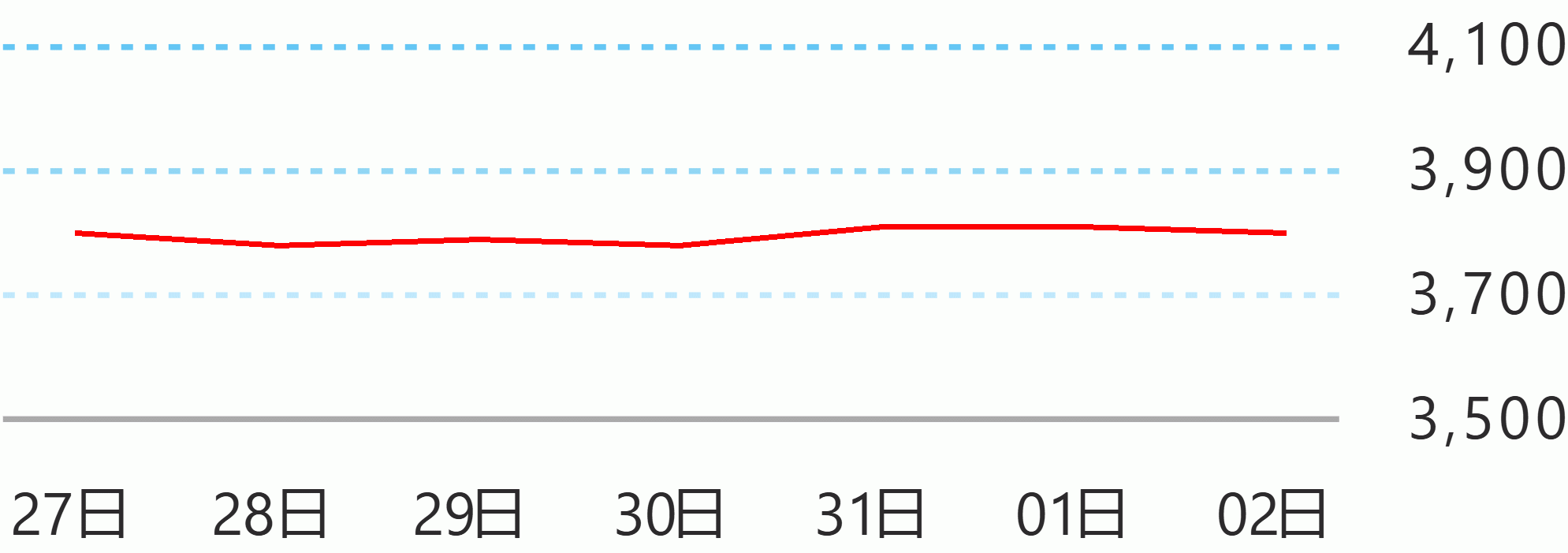The National Economic and Development Authority (NEDA) Board, chaired by President Ferdinand Marcos Jr., approved on Thursday the University of the Philippines (UP)-Philippine General Hospital (PGH) Cancer Center Public Private Partnership (PPP) project, aimed at modernizing the country’s health infrastructure on oncology services and cancer care.
The NEDA Board gave its nod for the construction of a P6-billion, 300-bed capacity hospital, the Marcos administration’s first PPP project.
The project aims to establish UP-PGH’s dedicated cancer hospital that will modernize its health infrastructure and offer comprehensive, high-quality, and affordable oncology services towards enhancing the country’s health service quality and capacity for cancer care.
It will be solicited from the public through the submission of a bid and will be structured as a 30-year Build-Operate-Transfer (BOT) arrangement under the BOT Law.
The BOT approach is an agreement that grants a concession to a private partner to finance, build, and operate a project over a fixed term.
After that period, the project is returned to the public entity that originally granted the concession.
The Cancer Center, with a lot area of 3,000 square meters, will be located within the UP-PGH campus in Manila.
The entire building will have a capacity of 300 beds (150 charity beds for the UP-PGH Area and 150 private beds for the Private Area), 15 to 20 floors, 350 parking spaces, 1,000 square meter of commercial space, and an area for three linear accelerators (LINAC) bunkers.
The hospital will provide a full range of cancer treatments, including radio oncology (radiotherapy), imaging, medical oncology, and support for the UP-PGH’s teaching and research activities.
The UP-PGH’s private partner will design, engineer, construct, and commission the entire new hospital building, procure, maintain, and provide for the periodic replacement of medical and non-medical equipment.
It will also maintain all non-clinical services for the entire hospital building, operate relevant commercial activities, provide clinical services to private-paying patients in the private area, and assume all associated costs of clinical manpower, drugs, and consumables.
UP-PGH, on the other hand, will provide the site at no cost, transfer the existing equipment to the Cancer Institute, provide clinical services to non-paying charity patients in the UP-PGH area, assume all associated costs of clinical manpower, drugs, and consumables, as well as undertake clinical teaching and research. Presidential News Desk





 English
English










